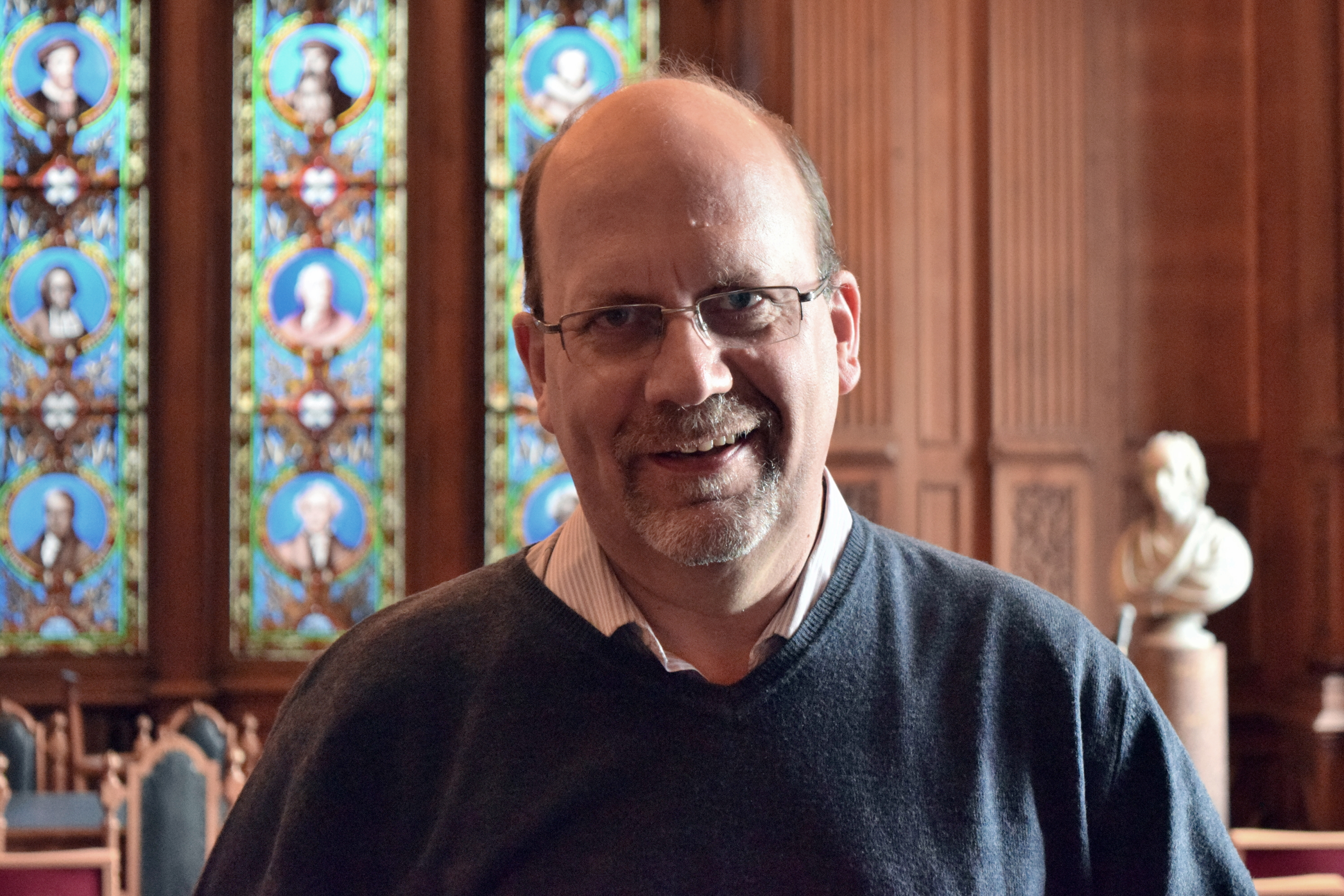The Dundee minister of St Peters Free Church has called on two of the country’s ecumenical branches to reunite after more than 170 years apart.
Rev David Robertson, of the Free Church, has called for a reunion between the evangelical protestants and the “establishment” kirk, the Church of Scotland.
Rev Robertson has said in today’s climate of “increasing secularisation”, Christianity can “ill afford” to maintain the divisions of the past centuries.
In an article for the Free Church magazine The Record, Rev Roberson said: “In a time of increasing secularisation and the challenges of the confused and confusing contemporary world, we can ill afford the divisions of previous centuries.
“Scotland doesn’t need the Church of Scotland, any more than it needs the Free Church. Scotland needs the Church of Jesus Christ, one that is faithful to him and his Word. But it would be wonderful if the Church of Scotland, with all its resources, were to be that church.
“If that happened, I for one would be glad to return to the Kirk.”
Very Rev Professor Iain Torrance of the Church of Scotland said: “Today, all across Europe, in what is called the Community of Protestant Churches in Europe (CPCE), we recognise each other as being limbs of the One Church on the basis of our common belief in the Gospel of justification.
“There are plenty of differences among us, but in the light of our common confession of the Gospel, we recognise each other as all being members of the One Church.
“On that basis, I’d reply to my friend and brother minister David Robertson that the Church of Scotland and the Free Church are already one.
“The diversity of our confessional traditions should be seen as an enrichment not an impairment.
“Signs of being one church are that we welcome each other to our pulpits and to the Lord’s Table.
“And yes, he’s right, we should do more of that.”
The Free Church of Scotland is an evangelical and reformed Presbyterian denomination, and the largest Presbyterian denomination after the Church of Scotland.
The Free Church was formed in 1843 when most of the evangelical ministers in the Church of Scotland resigned over what they called “state interference in its internal affairs”.
